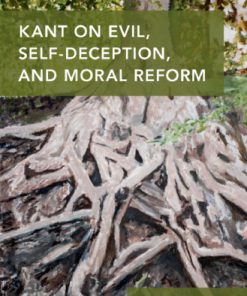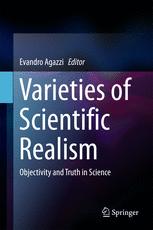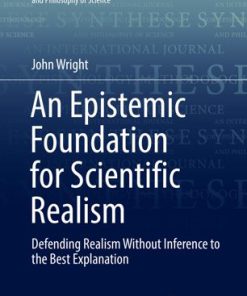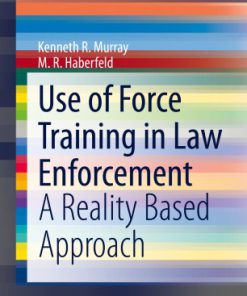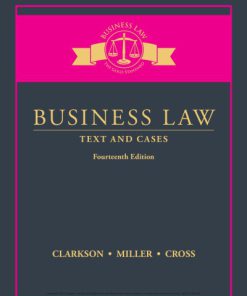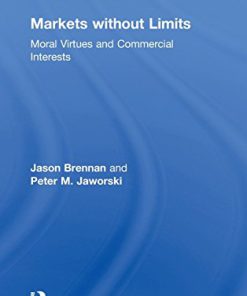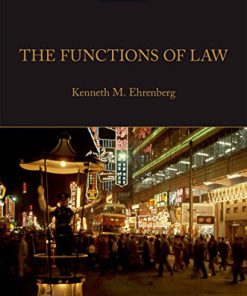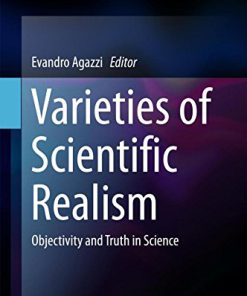How Hume and Kant Reconstruct Natural Law: Justifying Strict Objectivity without Debating Moral Realism 1st Edition Kenneth R. Westphal
$50.00 Original price was: $50.00.$25.00Current price is: $25.00.
This completed downloadable of How Hume and Kant Reconstruct Natural Law: Justifying Strict Objectivity without Debating Moral Realism 1st Edition Kenneth R. Westphal.
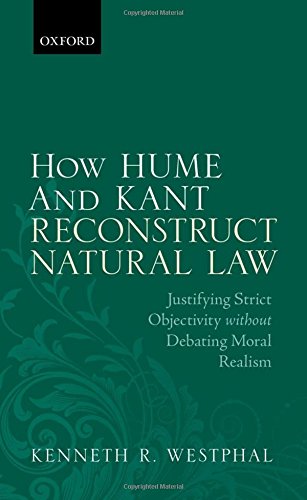
Instant downloaded How Hume and Kant Reconstruct Natural Law: Justifying Strict Objectivity without Debating Moral Realism 1st Edition Kenneth R. Westphal pdf docx epub after payment.
Product details:
- ISBN-10 : 0191064122
- ISBN-13 : 9780191064128
- Author : Kenneth R. Westphal
Table of contents:
Primary Sources and Citation Methods
1. Reconstructing Moral Constructivism
1 Introduction
2 Conspectus
3 Chapter Overview
2. Objectivity, the Euthyphro Question, and Reconstructing Natural Law
4 Moral Objectivity, Social Contract Theory, and Natural Law
5 The Euthyphro Question and Moral Optionality
6 Artifice and Arbitrariness
7 Hume’s Key Insight
8 Hobbes’ Formulation of Two Basic Moral Problems
9 Modern Natural Law and the Social Contract
3. Hume’s Construction of Justice
10 Introduction
11 Founding Justice in Practice
4. Hume’s Proof of the Insufficiency of Moral Sentiments
12 Hume’s Account of the Basis of Specifically Moral Obligation
13 Hume’s Theory of Justice versus Hume’s Ethical Sentiments
14 A Causal Theory in Moral Epistemology?
15 Radical Nominalism, the Vagaries of Usage, and Optionality
16 Hume’s Impartial Spectator to the Rescue?
17 Justification and Motivation
5. Kant’s Principles of Moral Constructivism
18 Introduction
19 Kant’s Critique of Moral Empiricism
20 The Objects of Pure Practical Reason
21 The Structure of Kant’s Practical Philosophy
22 Kant’s Universalization Test
23 Conclusion
6. Natural Law Constructivism and Rational Justification
24 Introduction
25 The Pyrrhonian Dilemma of the Criterion
26 Kant’s Constructivism
27 Rational Judgment, Autonomy, and Spontaneity
28 Reason, Justification, and History
7. Constructivism, Contractarianism, and Basic Obligations
29 Introduction
30 Are all Fundamental Social Practices and Institutions Optional?
31 Contractarianism and the Problem of Relevant Descriptions
32 Kant’s Non-Contractarian Constructivism
33 Directions of Justification
34 Possible Universalisability versus Moral Voluntarism
8. Kant’s Justification of Rights to Usufruct
35 Introduction
36 Rights to Usufruct, not Property
37 Kant’s Argument to Justify Rights to Usufruct
38 Reconstructing Kant’s Justification of Rights to Usufruct
9. Conclusion: Reintegrating Justice into Morals
39 The Aims and Scope of this Study
40 What Today is Self-Evident?
41 Does Ethical Theory Rest on a Mistake?
42 Republicanism and Independence
43 Justice, Economics, and Accountancy
44 Hobbes in Leviathan does not Espouse Egoism
45 Natural Law, Self-Evidence, and Locke’s Laws of Nature
46 The 2008 Financial Crisis: Negligence In/Action
People also search:
are human rights and natural rights the same
how is natural law and natural rights related
did kant believe in natural law
how is natural law and natural rights related
where did natural law come from
You may also like…
Politics & Philosophy
Politics & Philosophy
Science (General) - Science of Science
Politics & Philosophy - Social Sciences
Use of Force Training in Law Enforcement: A Reality Based Approach Kenneth R. Murray
Commercial & Financial Law
Politics & Philosophy - Anthropology
Jurisprudence & Law - Legal Theory & Philosophy
The Functions of Law 1st Edition by Kenneth Ehrenberg 0199677476 9780199677474
Science (General) - Science of Science




